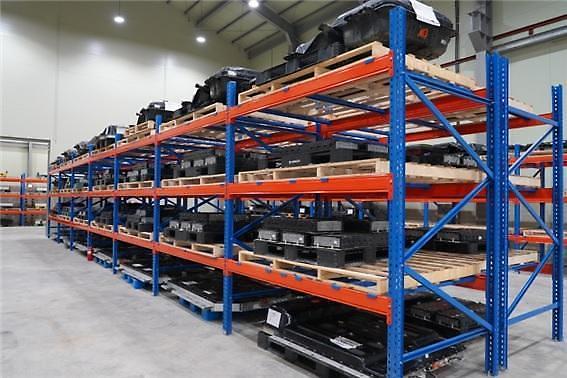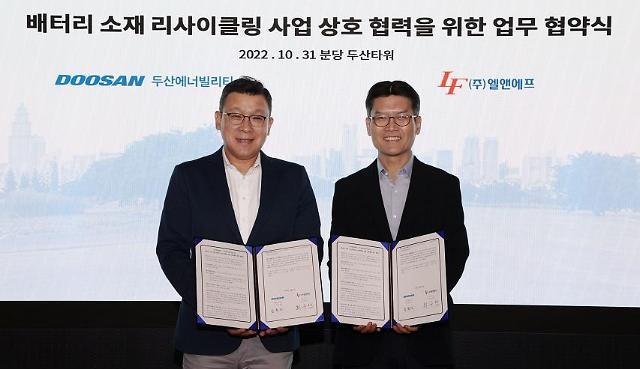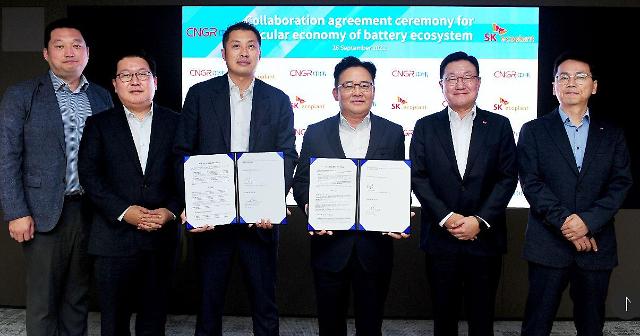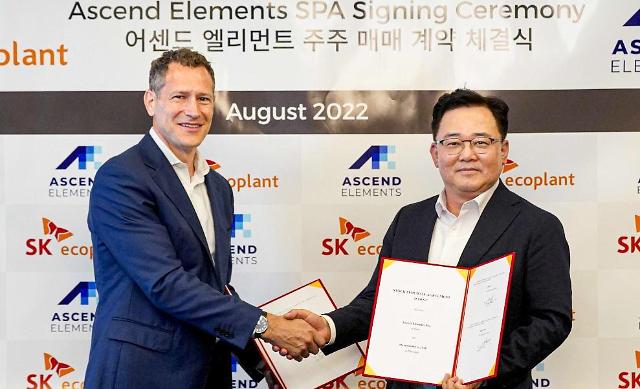
[Courtesy of Young Poong]
In recovering metals from recycled or residual materials, pyrolysis is a process of temperature decomposition. Hydrometallurgy is a wet process involving the use of aqueous solutions. Young Poong's "fuming extracting and re-circulation" method recovers valuable metals with dust collection facilities after melting and scattering lithium-ion battery flakes in a high-temperature melting furnace.
Young Poong described itself as the first company that can recover more than 90 percent of lithium by using dust collection facilities at the first stage to save time for pretreatment and maximize its metal recovery rate. "With the operation of the pilot plant, we have prepared a bridgehead to lead the secondary battery recycling field, which is an eco-friendly future industry, beyond our traditional smelting industry," CEO Lee Kang-in said in a statement on November 8
Once a battery reaches the end of its useful life, the battery pack can be collected, dismantled, and shredded to produce scrap materials, also known as black powder or black mass. Critical materials can be extracted from the black mass and reused in new battery production. The wet method adopted by many recycling companies requires the pre-treatment of finely pulverizing battery cells to manufacture black mass. It takes a lot of time to separate impurities.
In Young Poong's method, the pre-treatment process is simple because battery packs and modules are crushed to make flakes. Since battery cases and current collectors are also used as raw materials, the recovery rate of major metals can be maximized. In the first half of 2023, Young Poong would add wet process facilities to produce intermediate products for battery materials such as lithium carbonate, nickel sulfate, cobalt sulfate, and copper.
Young Poong aims to build a recycling plant with an annual production capacity of 20,000 tons by 2024 and expand its production to 700,000 tons after 2030. The company said its technology is also very useful for recycling lithium iron phosphate (LFP) batteries that use lithium iron phosphate as cathode material and a graphitic carbon electrode with a metallic backing as the anode. Only lithium can be recovered from LFP batteries in the wet method due to technical limitations, while Young Poong can recover lithium and copper.




